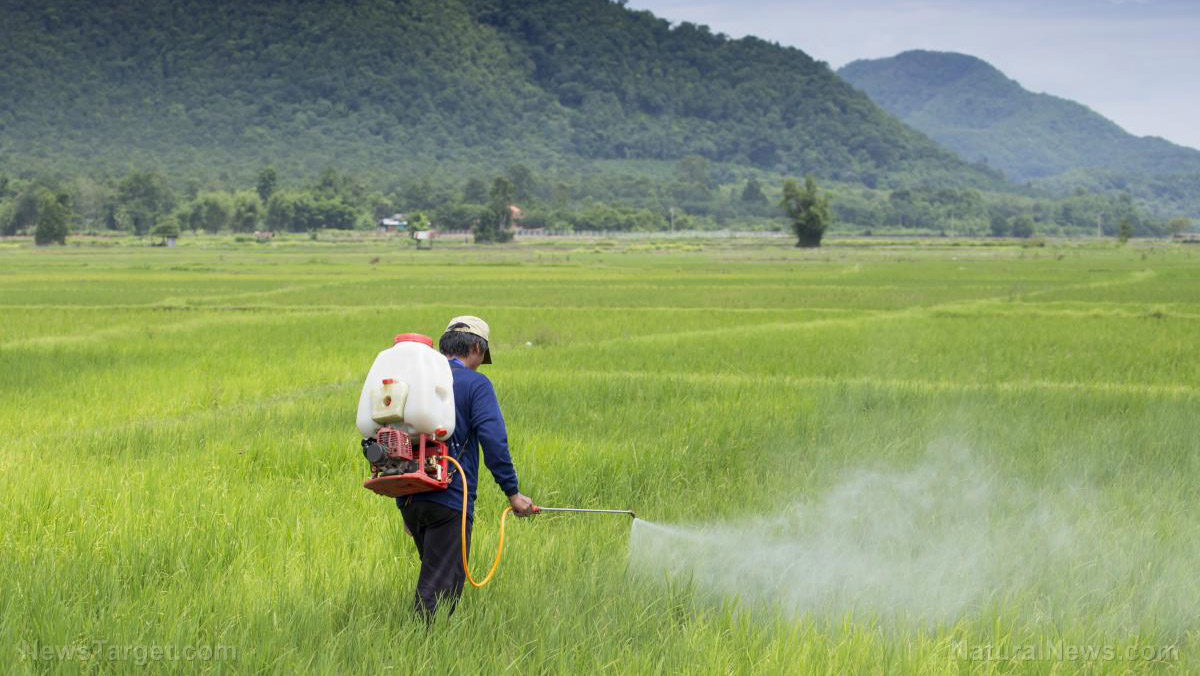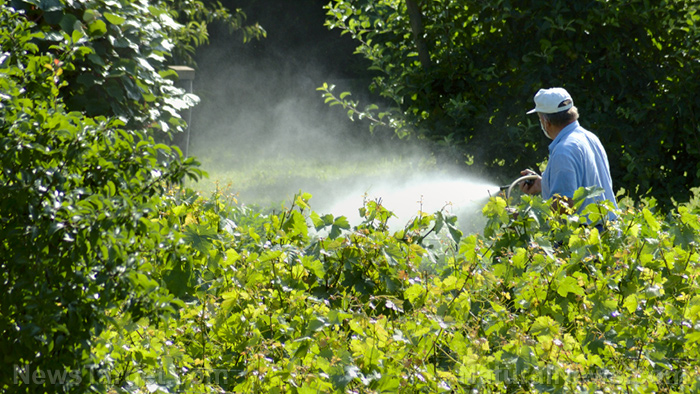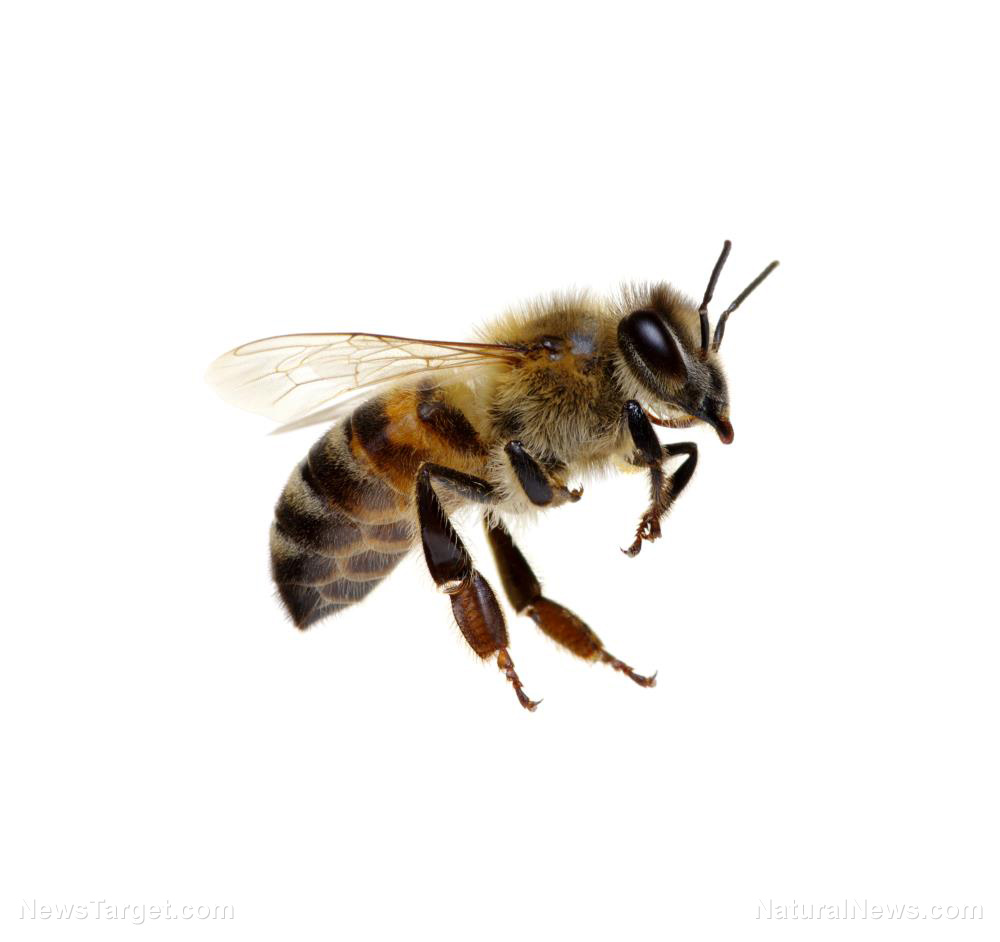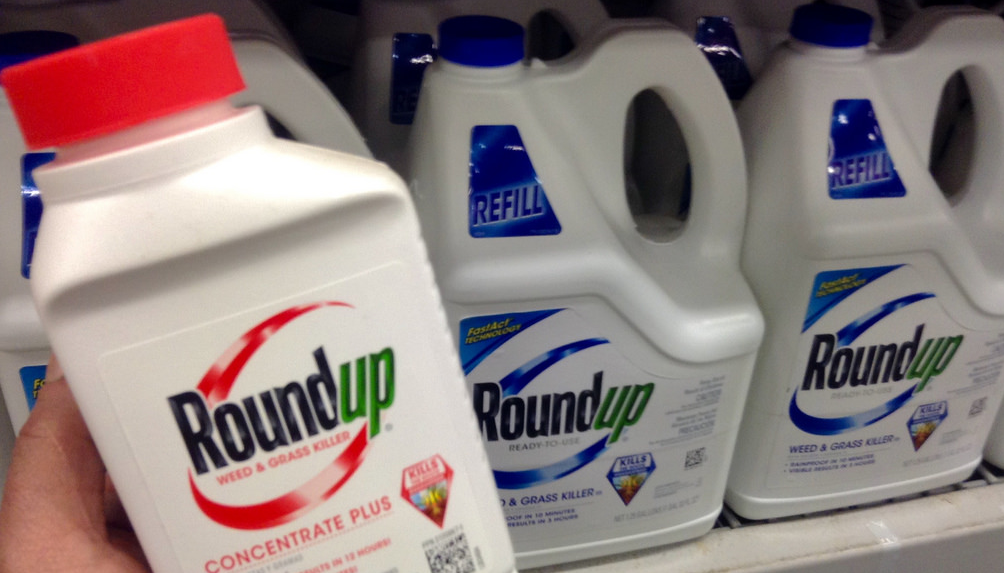Study: Exposure to toxic glyphosate increases the risk of premature death of individuals with Parkinson’s
04/09/2019 / By Cassie B.
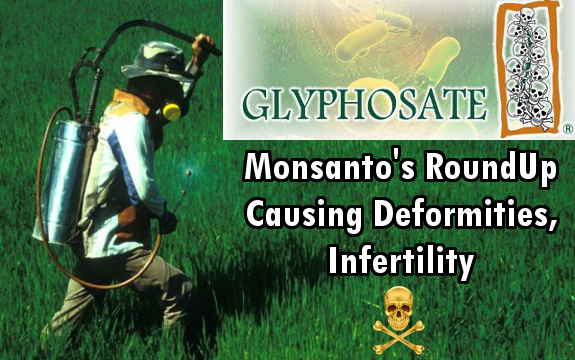
The list of dangers linked to glyphosate is constantly growing, with everything from cancer to birth defects being blamed on the widely-used pesticide. We already have plenty of good reasons to steer clear of glyphosate, but people with Parkinson’s’ disease have to be especially vigilant as a new study shows that exposure to the chemical raises their risk of premature death.
Although there is no known cure for Parkinson’s disease, a neurodegenerative illness that causes the muscles to stop working properly, it is generally manageable. However, those living with the disease need to stay on top of the latest research to ensure they’re doing everything they can to improve their outcome.
According to a study published in the International Journal of Environmental Research and Public Health, people with Parkinson’s who were exposed to glyphosate had a 33 percent higher likelihood of dying an early death (defined as being before the age of 75) than those with Parkinson’s who were not exposed to the toxic weed killer. They reached this conclusion after examining public mortality records from Washington state for the years from 2011 to 2015.
The researchers were stunned by their finding, with lead author Mariah Caballero saying: “I remember sitting in the office, and I think we were all looking at each other and thinking, ‘Wow, that’s serious.’”
They also noted several clusters of premature Parkinson’s deaths in areas of the state that are highly agricultural and have lots of productive farmland, such as parts of Douglas and Yakima counties situated east of the Cascades.
They also looked at other agricultural chemical applications, such as Diazinon and Atrazine, but they found no connection to premature Parkinson’s’ deaths. However, exposure to the herbicide Paraquat was linked to a modest rise in early deaths.
It’s getting more and more difficult to avoid glyphosate
This study used people’s residential proximity to agricultural land to determine exposure – for example, they took into account how close people lived to crop lands. Those who lived within one kilometer of an area where glyphosate had been sprayed were most at risk. However, that’s not the only means of exposure for most of us: It’s sprayed across conventionally grown crops like fruits, vegetables, lentils, soybeans, and corn, and it has even made its way into the foods on supermarket shelves.
For example, glyphosate has been found in a slew of popular breakfast foods in tests carried out by the Environmental Working Group. It was found in several types of granola and oat breakfast cereals such as Cheerios, Lucky Charms, Quaker Steel Cut Oats, and Bob’s Red Mill Steel Cut Oats, along with granola bars from brands like Nature Valley, Quaker, and Kellogg’s. Even some products labeled as organic, such as Simple Truth Organic Instant Oatmeal and Nature’s Path Organic Old-Fashioned Organic Oats, were found to contain glyphosate.
The toxin has also made its way into orange juices from brands like Tropicana, Kirkland, Signature Farms, and Minute Maid, according to tests by Moms Across America. Other tests have shown glyphosate in crackers like Triscuits, Goldfish and Ritz; Oreo cookies; and snacks like Cool Ranch Doritos and Original Fritos.
While the researchers in this study cannot say that exposure to any of these chemicals could be causing Parkinson’s, they have found a relationship between exposure to them and early death that certainly deserves further exploration. While everyone needs to avoid glyphosate as much as possible, those with Parkinson’s need to avoid it at all costs – and that means being very vigilant about everything they eat.
Sources for this article include:
Submit a correction >>
Tagged Under:
Atrazine, disease causes, glyphosate, herbicides, longevity, paraquat, Parkinson's Disease, toxic chemicals, toxic ingredients, weedkiller
This article may contain statements that reflect the opinion of the author
RECENT NEWS & ARTICLES
Weedkiller.News is a fact-based public education website published by Weedkiller News Features, LLC.
All content copyright © 2018 by Weedkiller News Features, LLC.
Contact Us with Tips or Corrections
All trademarks, registered trademarks and servicemarks mentioned on this site are the property of their respective owners.





